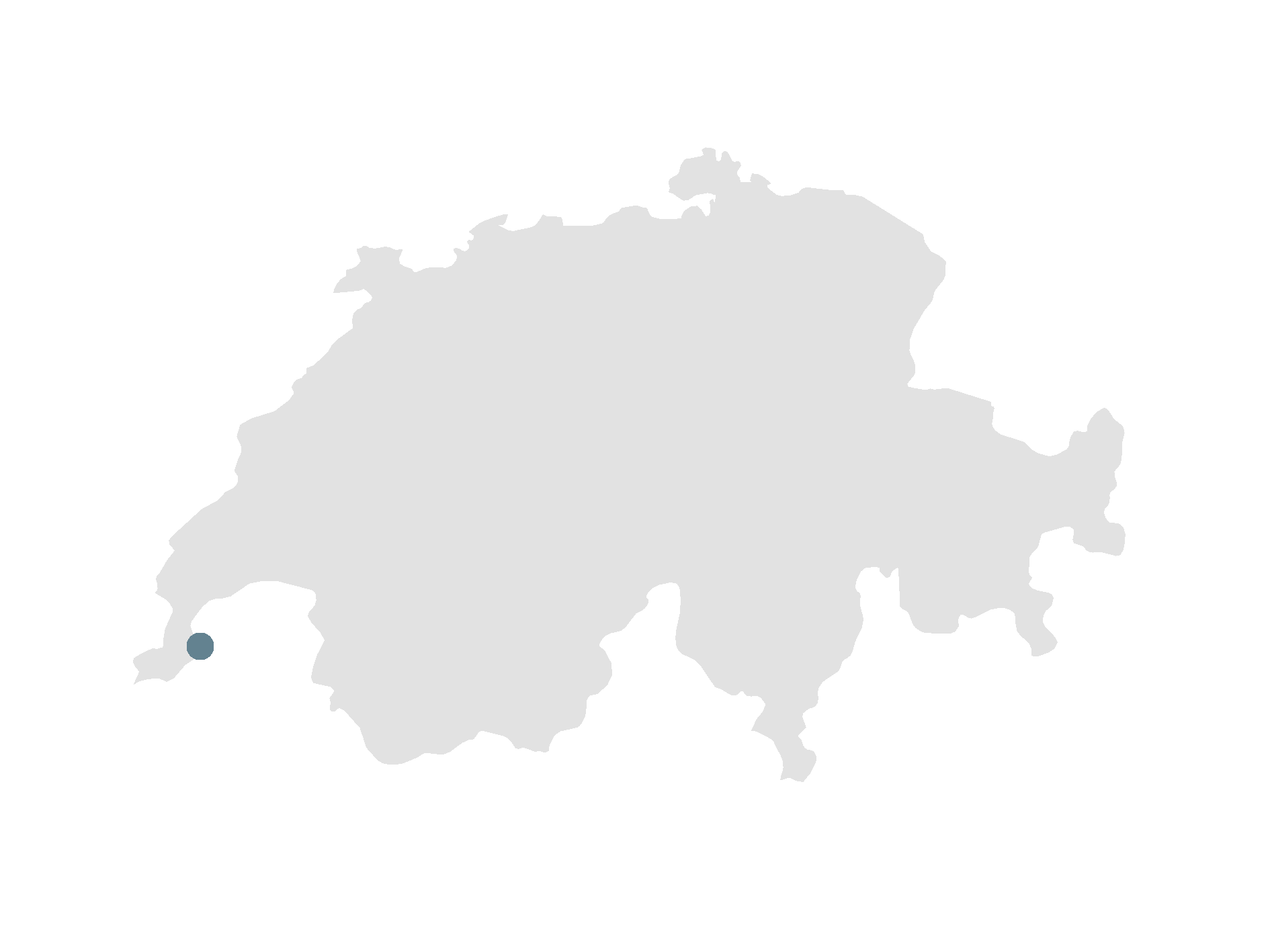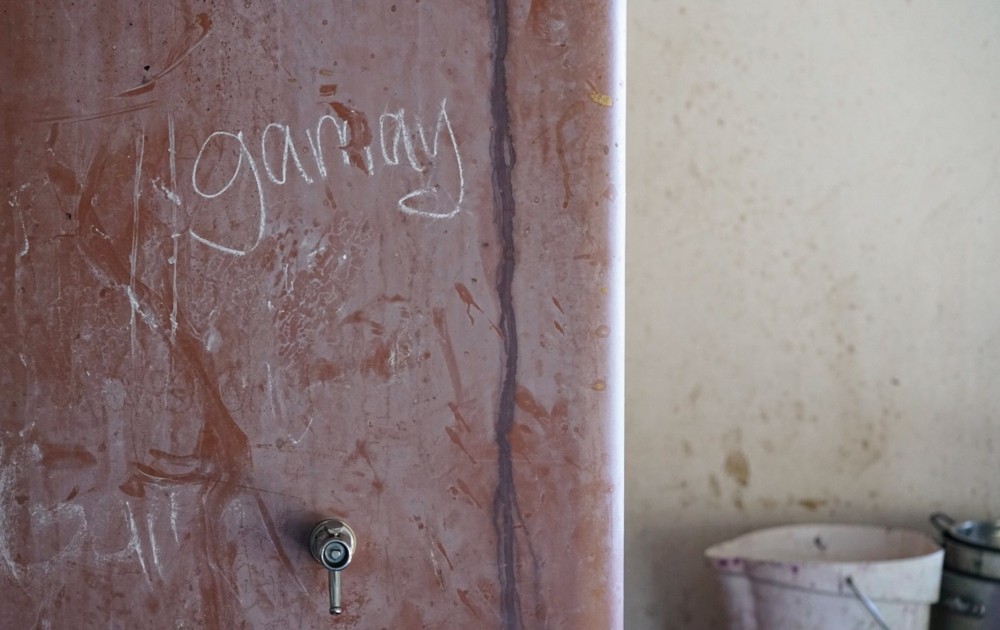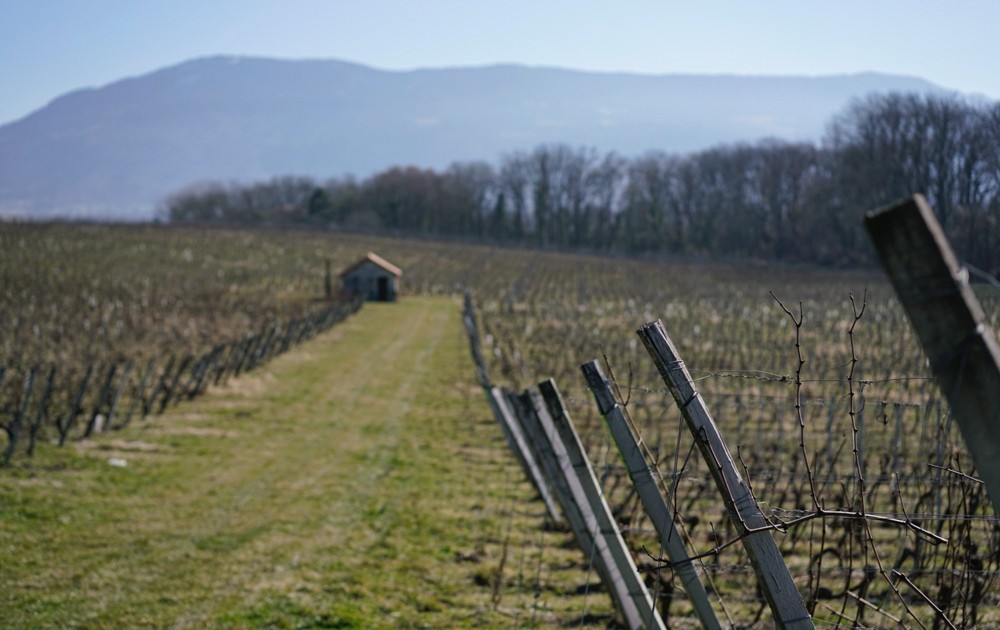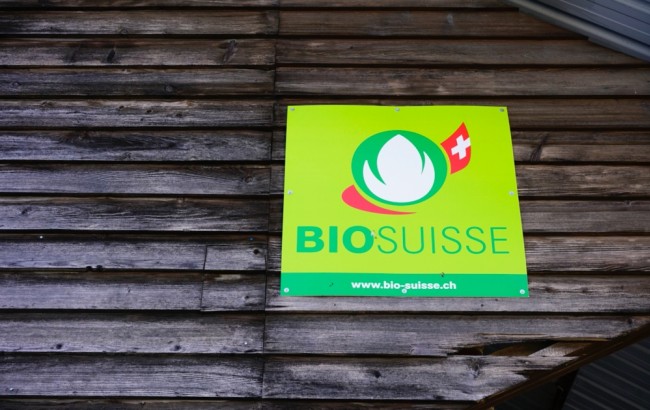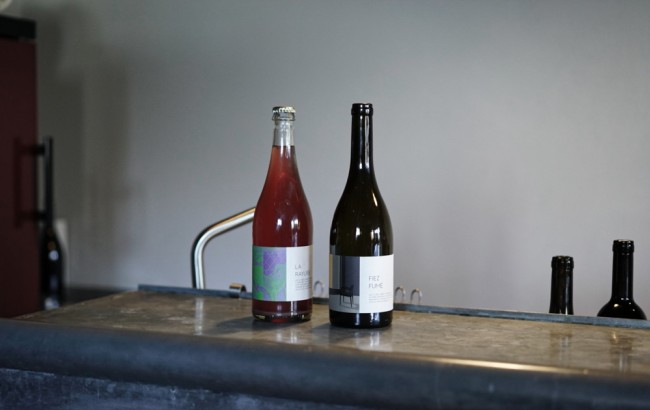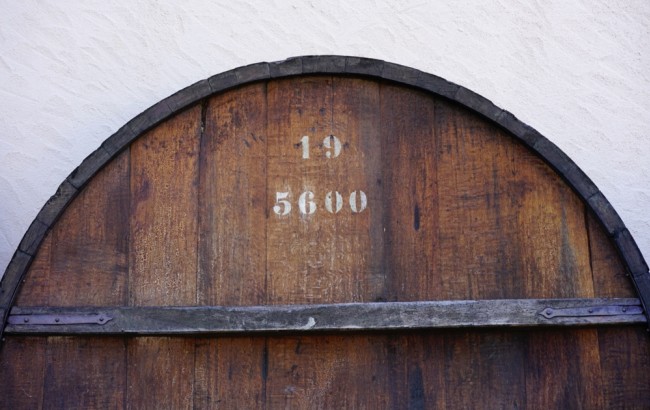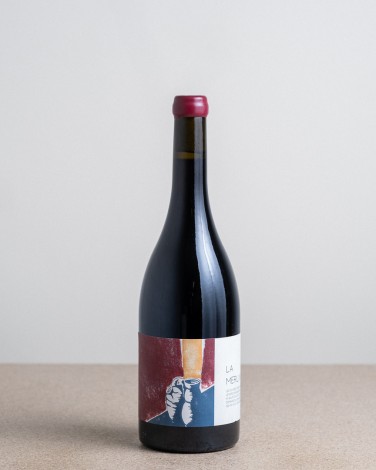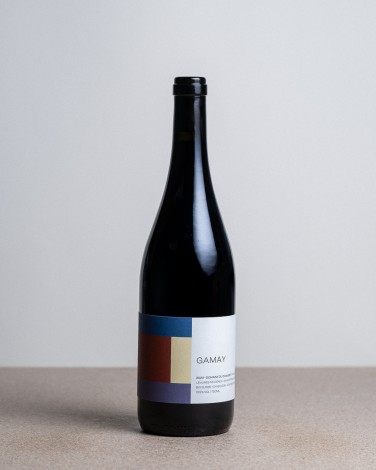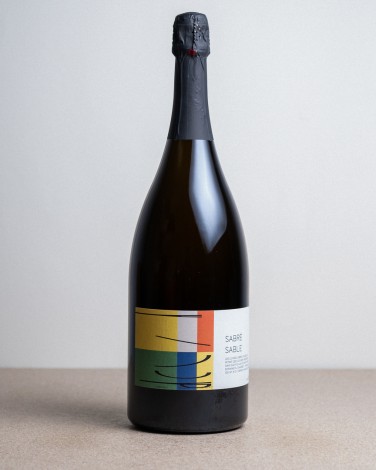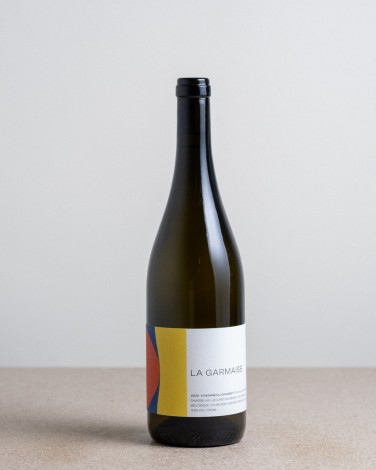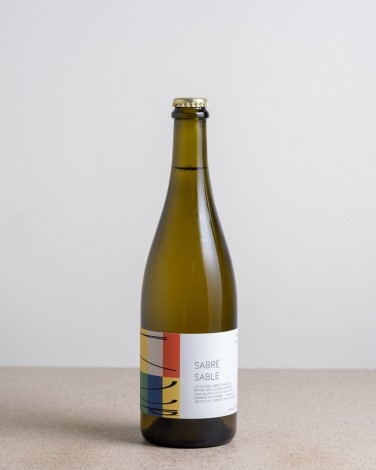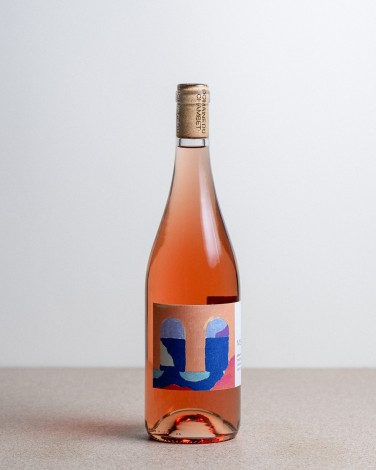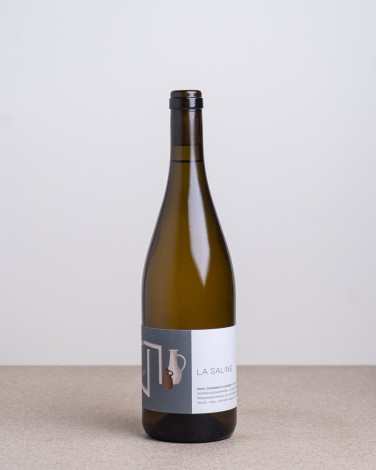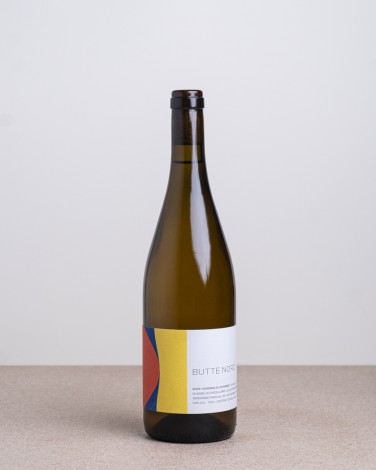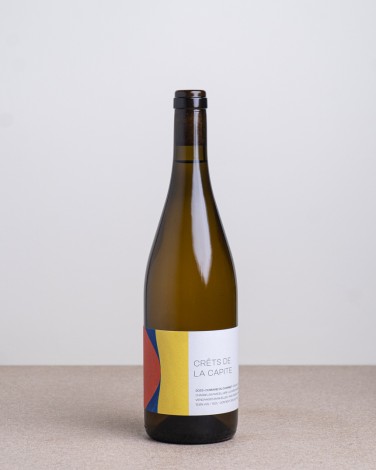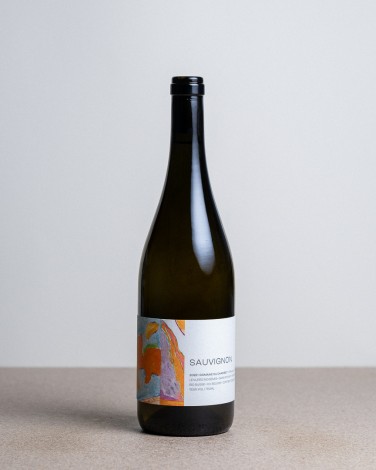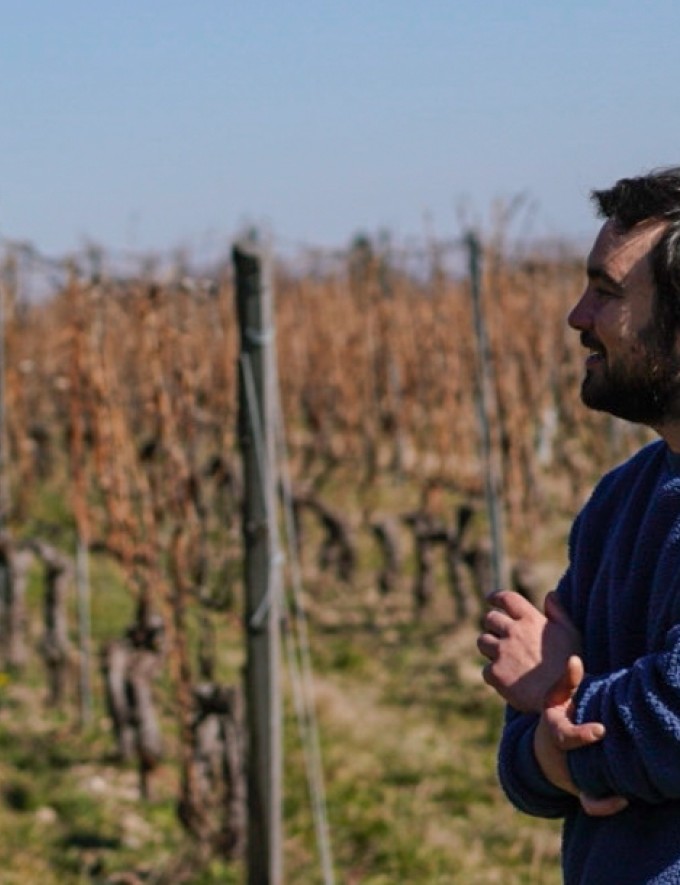
Domaine du Chambet
Anthony
The Domaine du Chambet, located in Gy on the border with neighbouring France, is enjoying a second youth since the arrival of Anthony Fonjallaz, the fourth generation to cultivate the family estate. Since 2020 and the launch of the Cuvées Libres, the wines are making their way into cellars and restaurants across Switzerland. Fresh, lively, militant juices that carry the colours of the Geneva terroir high as ever...
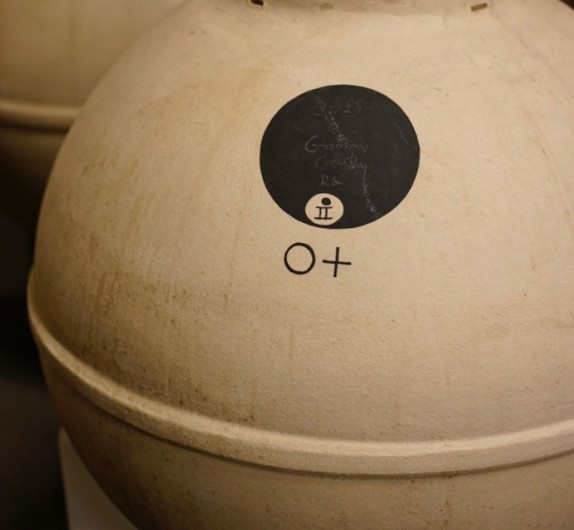
Domaine du Chambet at a glance
| Country | Switzerland |
| Region | Geneva |
| Village | Gy |
| Cultivated grapes | Gamay, Chasselas, Pinot-Gris... |
| First vintage | 2020, for the Cuvées Libres |
| Our favorites | La Saline, L'Orangerie |
Cuvées Libres
Anthony Fonjallaz was born in Gy in the early 90s, on the family estate where he still lives today, surrounded by his parents and grandparents. If the name Fonjallaz finds its origins in the Lavaux, on the other side of the lake, the family has been established in Gy since 1921, where they have been involved in farming, with viticulture taking on an increasingly important role over the years. While the first generations sold the entire production to the local cooperative cellar, it was Anthony's father, Gérald, who decided at the end of the 1980s to bottle some of the wines, first 1,000L, then 2, then 3... 30 years later, the estate produced around 20,000 bottles from some 3 hectares of vines and still sold a large part of the remaining 7 hectares to the cooperative, but also to small winegrowers in the region, such as Paul-Henri Soler.
After training in watchmaking, it was during a backpacking trip that Anthony felt the desire to return closer to his origins and make wine. From 2014 to 2017, he followed the classic course at Changins, in the Canton of Vaud, where the organic course was only a two-week optional module... However, Anthony trained with Bertrand Favre, an organic winegrower in Miolan, alongside his daughter Sarah Meylan, and then with Christian Rossel, a precursor of biodynamic viticulture in the Canton of Neuchâtel, in Hauterive.
He arrived at the family estate in the summer of 2017, and six months later the Chambet began its conversion to organic viticulture, while Anthony's father had already stopped using synthetic products for several years. From the 2020 vintage onwards, the estate received the precious Bio Suisse bud and on January 1st 2021, Anthony officially took over the reins.
The estate extends over 8 parcels, scattered in the surrounding villages, on a surface of some 10 hectares, to which are added 2 hectares of apple trees, which Benoît, the younger brother, cultivates for his cider and apple juice production. Since the 2021 harvest, the entire production has been cellared on the estate, and although Anthony stops selling grapes to the cooperative, he continues to collaborate with producers Paul-Henri Soler, Adeline Wegmuler, and Laurent Vu of the Cave du Rouge-Gorge.
From 2020, he launched the Cuvées Libres at the family estate, a range of wines vinified without any additives nor added sulphur. The labels are bright and colourful, the work artist Stéphanie Peck. After a first trial, the range is expanding and the idea is to offer about 8 cuvées in the long term to complement the classics such as La Saline, a 100% Chasselas with lemony notes, or L'Orangerie, a macerated Pinot Gris with an amber hue and spicy notes. To be continued...
Domaine du Chambet - the complete range
First steps at Changins
During his studies at Changins, Anthony made his first experiments in natural and sulphite-free winemaking, taking advantage of a class project for which the students were given a few hundred kilos of grapes, a Gamay d'Orbe for him, from which he would produce 300 bottles. As he started selling them in Geneva, to clients and restaurants, the positive feedbacks the wine received comforted him he might well be on the right path...
Based in the eponymous village, outside of Nyon, the Haute Ecole de Viticulture et Oenologie de Changins is Switzerland's most famous High School for viticulture and oenology, attracting students from all over Europe. A school but also a research institute that's the birthplace of technical grape varieties such as Gamaret or Garanoir.
The village of Gy, Switzerland